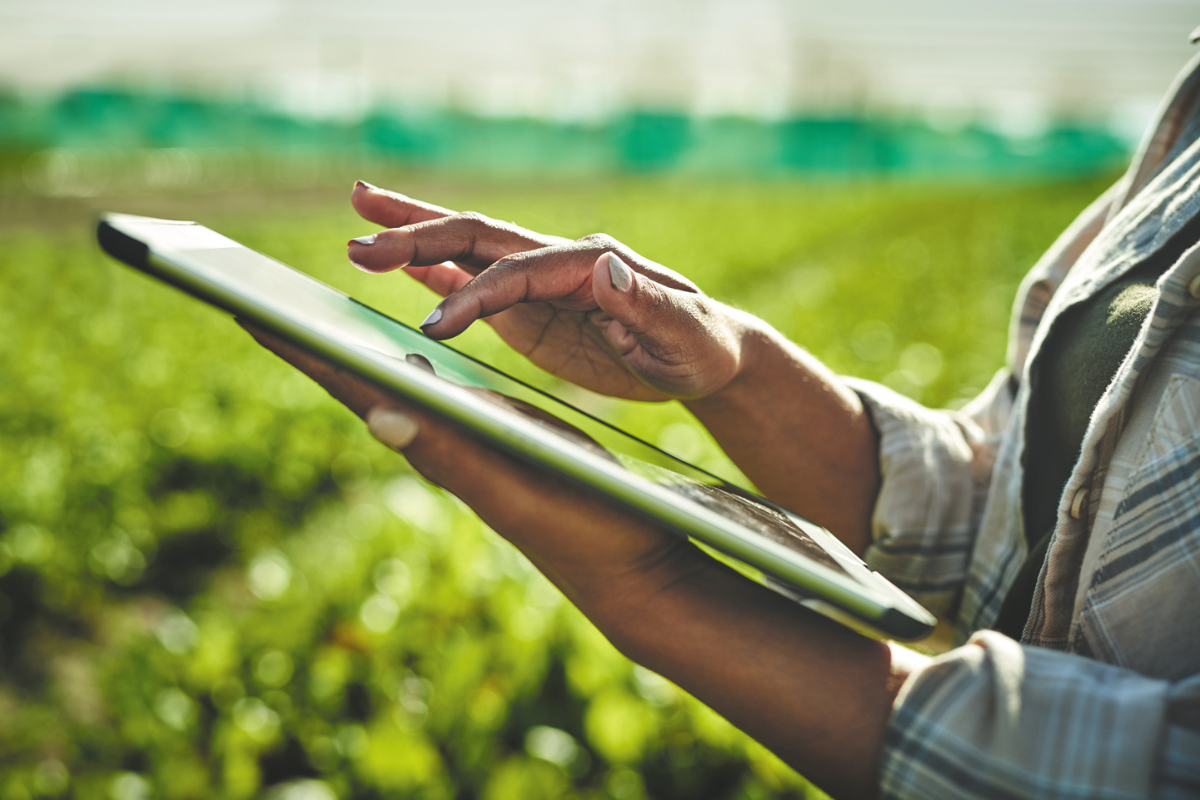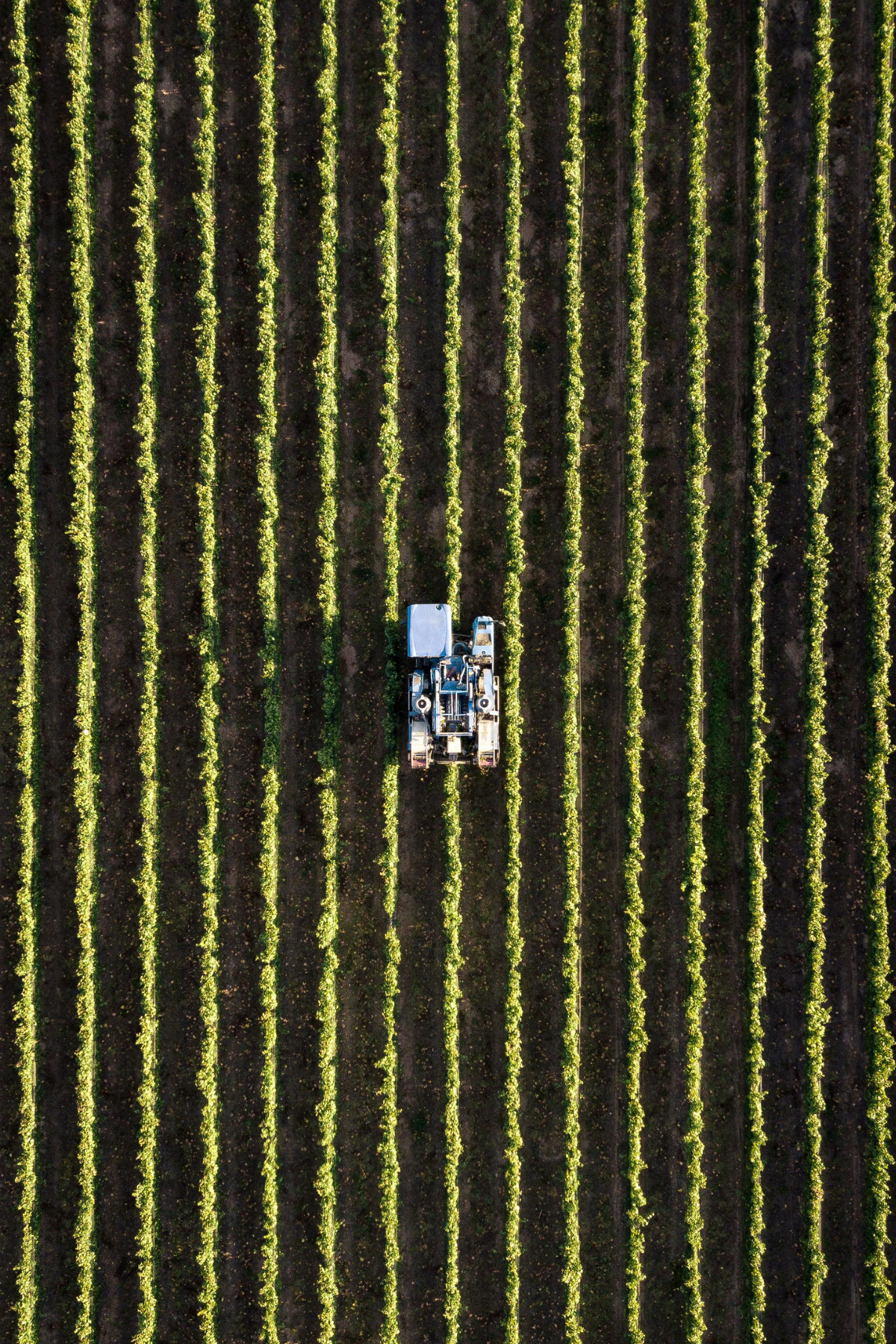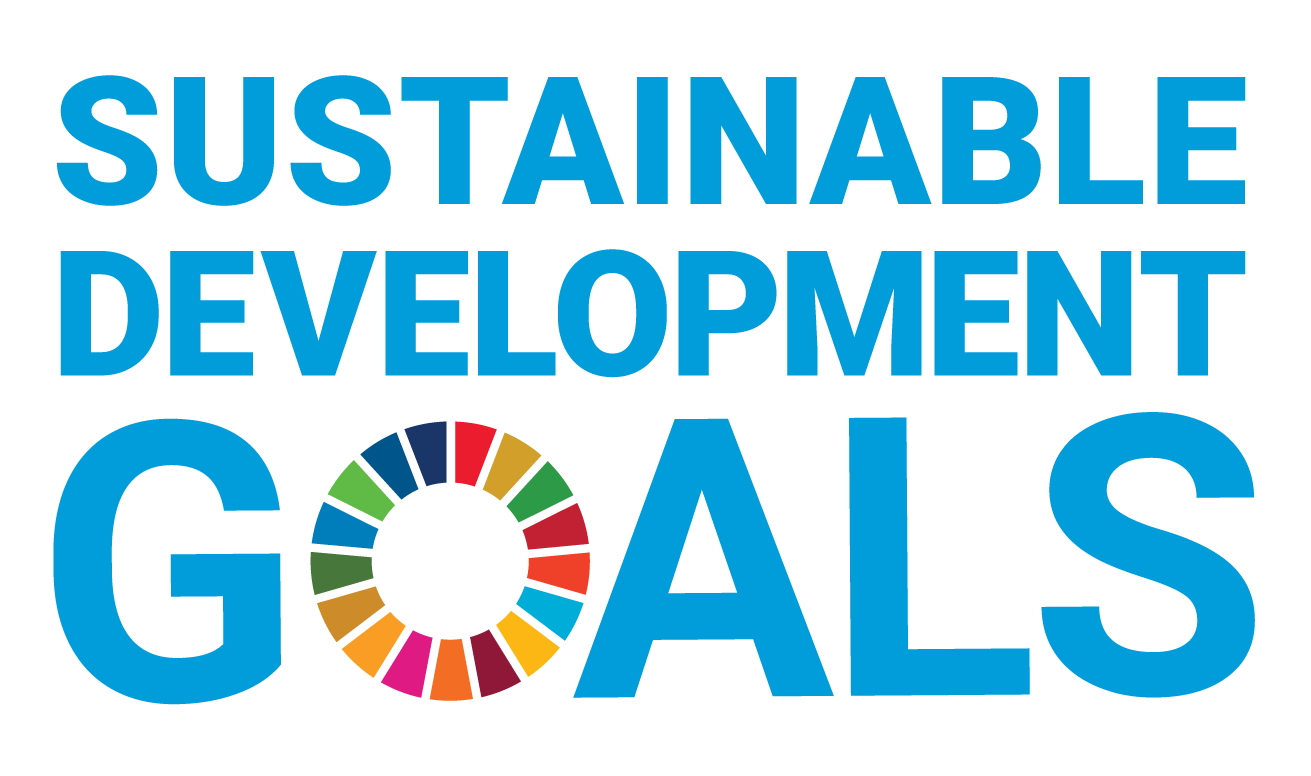You can search for courses, events, people, and anything else.
From his childhood in Sri Lanka, Athula Ginige understood the importance of helping farmers. "My father worked in protecting farmers' rights," he says. Now a professor at Western Sydney University’s School of Computer, Data and Mathematical Sciences, Ginige is continuing a family tradition of empowering farmers by applying his computational expertise to the development of a digital agrifood 'ecosystem'.
In 2011, spurred by a desire to find a project that contributed to helping people, Ginige visited villages in Sri Lanka and observed first-hand the challenges that farmers were struggling with.
Farmers were producing too much of specific crops, which led to oversupply, low financial returns and wasted produce. Agricultural failures and associated poverty cause thousands of farmers to take their lives in Sri Lanka each year.
Ginige realised that farmers lacked information about which crops would be the most profitable in a particular growing season. He hoped to help build that knowledge through technology by creating a digital agrifood 'ecosystem'.
ECOSYSTEM EVOLUTION
Ginige describes such a system as "a digitally connected community of farmers," based on information technology. This system would link suppliers, farmers, buyers and others together, to reduce wastage.
"The system provides farmers with information to make optimum decisions — what to grow and when it will be in demand," Ginige explains. "Consumers know where to buy the best quality crops, and suppliers will control their inventories based on knowing what will be in demand for the coming season."
"It’s a win-win situation for everyone," he adds.
But how do you develop such a system? In 2020, Ginige and his Western Sydney University colleagues launched a start-up company called WIDYA. "In Sanskrit this is the name for science or knowledge," he says. "We are basically looking at the knowledge economy, and how this knowledge can be used to enhance agricultural activities."
Ginige describes WIDYA as "a holistic technology platform with multiple apps to connect the different stakeholders." This includes region-specific apps for farmers, consumers, and suppliers, which can be customized to solve specific problems and tailored to countries or even villages.
Need to know
- Western’s Athula Ginige has developed a 'digital agrifood ecosystem' to help farmers in Sri Lanka manage their crops.
- The WIDYA platform provides farmers with up-to-date information on the supply and demand of certain crops.
"The system provides farmers with information to make optimum decisions."
CREATING SUCCESS
Historically, in many parts of the world, farmers lacked market information about what to grow. "They looked at what brought the highest prices this season, and they grew that the next season," Ginige says. "Everyone then grew that crop, and other crops ended up in short supply."
Now with the WIDYA system, a farmer can track the demand for a range of crops and avoid planting the crops that are likely to be oversupplied. This increases their odds of producing a crop that is in high demand and will fetch a high price.
However, those farmers also need information from suppliers and consumers. "There’s no point in giving farmers information about what to grow if they can’t get the seeds and the necessary water at the right time," Ginige says. "That’s why we created a technology platform organised in layers — multiple technologies addressing multiple dimensions of the information."
Based on this knowledge, WIDYA creates actionable insights for all the players in the agricultural economy. That insight even includes information about when to fertilise a particular crop and when pest management could be needed.
Achieving success, though, depends on a whole team. Part of that team includes ecosystem coordinators in the areas where WIDYA is being used. One of WIDYA’s coordinators who is a research assistant at the University of Ruhuna in Sri Lanka, Tharanga Shanadi, explains the role as "acting as a bridge, fostering communication and collaboration among diverse stakeholders including farmers, educators, technologists, and local communities."
In addition to working with experts at Western and WIDYA to identify growth opportunities, Shanadi notes that "the coordinator engages in data analysis and assessment to track performance and impact to refine strategies and improve outcomes."
EXPANDING THE REACH
The potential of WIDYA goes far beyond large commercial-scale farmers. At the height of the COVID-19 pandemic, even the smallest farmers reached out to Ginige and his colleagues. "There was a strong demand to modify the application to help people to grow food in their backyards," he says. So the team created a backyard-farming app.
One of these farmers ran into a backyard pest problem. "Recognising this recurring issue, we collaborated with agricultural experts to develop a comprehensive pest-management guide," Shanadi says. "This resource was integrated into the app, providing users with practical solutions."
Applications of WIDYA keep evolving; now the backyard-farming app is even being introduced in schools. "The home-garden app holds the aspiration to serve as a transformative educational tool for schoolchildren," Shanadi says.
WIDYA is all about creating an agrifood community, adds Ginige. "Everything is connected to everything," he says.
Meet the Academic | Professor Athula Ginige
Athula Ginige is a Professor of Information Technology at Western Sydney University. He is also the founder and CEO of ‘Widya,’ a digital technology startup with a mission to improve the lives of smallholder farmers, leveraging extensive research experience. He has a passion for impactful research and entrepreneurship.
Dr Ginige has been actively engaged in AgriTech research since 2010. In recognition of his contributions, he received the Australian Computer Society Digital Disruptor Gold Award in 2016. This award acknowledged his work on a digital knowledge agribusiness ecosystem that comprehensively addresses complex agricultural challenges.
In addition to his AgriTech endeavours, Dr Ginige has made significant contributions to the fields of Web Engineering, Social Computing, and mobile-based applications. His research interests extend to e-business, Digital Transformation, Digital Knowledge creation, Supply Chains, and Blockchains. He boasts an extensive publication record, with over 250 journal and conference publications, and has been a keynote speaker at various conferences.
Dr Ginige's commitment to education is evident through his successful supervision of 17 PhD students. He began his academic journey by earning a BSc in Engineering with first-class honours from the University of Moratuwa, Sri Lanka. He later completed his PhD at the University of Cambridge, England.
Credit
Future-Makers is published for Western Sydney University by Nature Research Custom Media, part of Springer Nature.
© NurPhoto/Contributor/NurPhoto/Getty
© Charday Penn/E+/Getty
© Tomas Anunziata/Pexels






